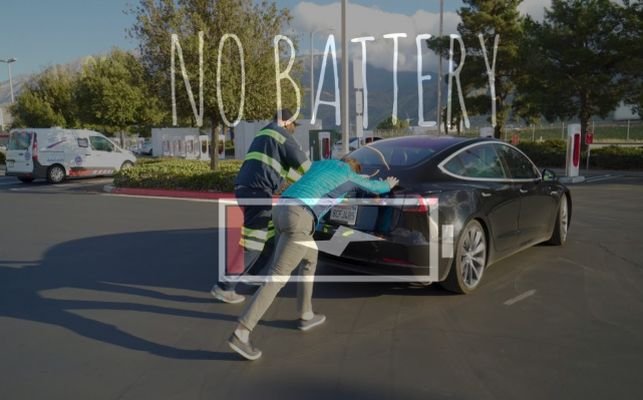Though electric car sales are yet to take off, the recent launch of Tata Nexon EV in the sub-Rs. 15 lakh range has added to the growing excitement around the category.
The fact that the excitement has not set the sales charts burning suggests there are issues to resolve before the EVs truly ‘arrive’. The biggest is around range and battery.
- How far does an electric car go?
- And what happens when the battery runs out of juice?
The range of an electric car depends on the size of the battery and the driving style. The car shows you the range in real-time that you can expect and plan your next stop for recharging the battery.
| EV Car Brand | Claimed Range | Real Range | Battery Capacity |
| Nexon | 312km | 200 km | 30.2kWh battery |
| Hyundai Kona | 452km | 300 km | 39.2 kWh battery |
| MG ZS | 340 km | 260 km | 44.5 kWh battery |
But petrol and diesel pumps are everywhere while the charging facilities are still a bit patchy.
But if the battery does get depleted, then you would need to tow to the nearest charging station. And it’s here the EVs are, well, different.

You can’t just push them around or use your friend’s car to pull it to the nearest charging point. This is because the motors are ‘coupled’ with the wheels and if you spin the wheel, then the motor can get damaged.

Electric vehicles shouldn’t be towed with a rope or lift, as this can damage the traction motors that generate electricity through regenerative braking.
Tesla suggests towing their cars on a flatbed. And this is a case with most of the electric cars that you would need to call a tow truck which has a flat-bed or if it is an emergency you can use the self-loading dolly (tyre skates) that will make sure that your wheels are not spinning when you are towing.
But don’t let all this scare you. You just need to get into the habit of plugging your car often enough to keep the batteries charged up.
Reference- Cartoq, InsideEVs, Websites Of Respective Brands









